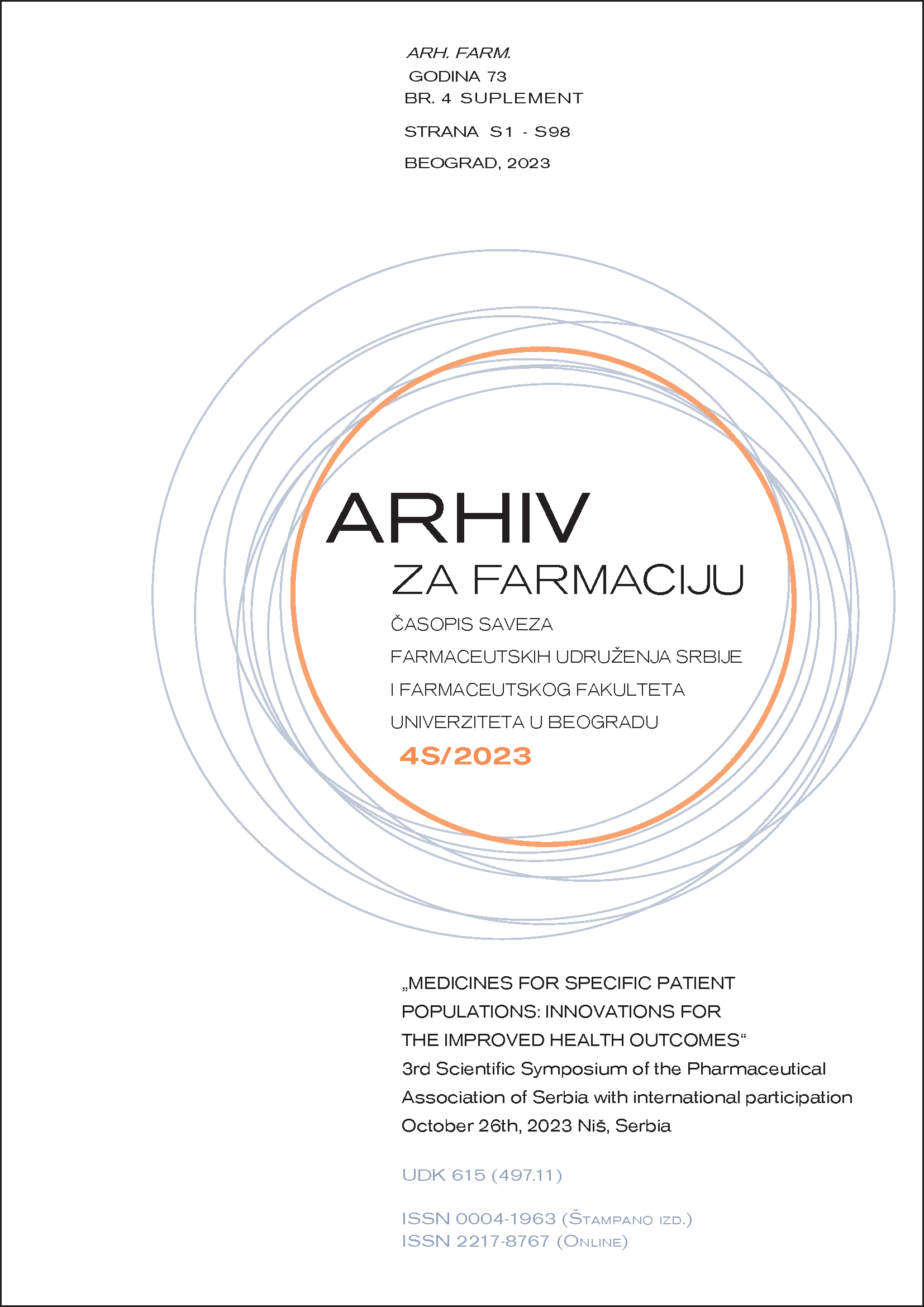PHYTOESTROGENS IN MENOPAUSE – BENEFITS AND RISKS
Abstract
Phytoestrogens are a diverse group of non-steroidal polyphenols of plant origin, which can exhibit estrogenic/antiestrogen activity. They are also important antioxidants, and can participate in signaling control in cell division and growth, and gene expression. Soy is considered the most important source of phytoestrogens in the human diet, but they are also found in flax and sunflower seeds, strawberries, grapes, mulberry, sesame, alfalfa, red clover, peas etc. Epidemiological studies are cited as evidence of their beneficial effects, because they indicate that unpleasant menopausal symptoms and the frequency of some hormone-dependent diseases, are much less pronounced in Asian women compared to women in Western countries, which is associated with a phytoestrogen rich diet. It is believed that they can have a positive effect on lipid status, cognitive functions and bone metabolism (1). However, clinical studies provide conflicting results, and individual differences in metabolism and composition of the gut microbiome are pointed out as the main factors affecting the benefit of phytoestrogen intake. The importance of biologically active phytoestrogen metabolites (e.g. equol) which are produced by the activity of certain bacteria strains in the intestines is especially emphasized (2). Today, due to the growing number of people on a vegan or vegetarian diet, the intake of these biologically active compounds is increasing in Europe and America, so it is necessary to point out the possible risks of high exposure. Also, there is a significant number of dietary supplements based on phytoestrogens on the market, which are recommended as a natural alternative to hormone-replacement therapy during menopause, but the content and bioavailability of active substances in these preparations can be disputed (3).
References
1. Rowe I. J. & Baber R. J. The effects of phytoestrogens on postmenopausal health. Climacteric 2021; 24: 57-63.
2. Peirotén Á, Bravo D, Landete JM. Bacterial metabolism as responsible of beneficial effects of phytoestrogens on human health. Crit. Rev. Food Sci. Nutr. 2019; 1922-1937.
3. Mikulić M, Atanacković Krstonošić M, Gaćeša B, Vojnović T, Jovanović S, Cvejić J. Quality assessment and dissolution properties of dietary supplements with isoflavones. J. Food Nutr. Res. 2023; 62: 118-128.

